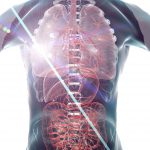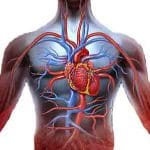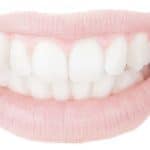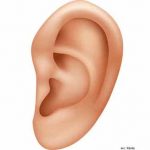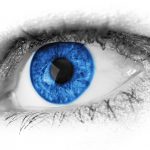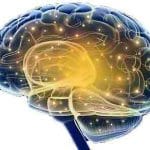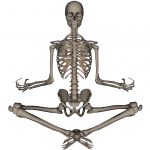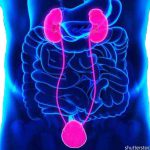Posted in NEWS, NEWS on dental, oral implants
Regeneration therapy for lost teeth
12 February 2021
| Tooth loss is a widespread problem in adults and results in poor quality of life. Currently, solutions to this problem include artificial teeth and implants. But these aren’t as good as “real teeth,” and they don’t markedly improve quality of life. Now, scientists from Japan have made a discovery that can make re-growing teeth possible. They found, with animal studies, that suppressing the gene USAG-1 by using its antibody can efficiently lead to tooth growth. | |
| Experiments with this antibody revealed that BMP signaling is essential for determining the number of teeth in mice.
The study is the first to show the benefits of monoclonal antibodies on tooth regeneration and provides a new therapeutic framework for a clinical problem that can currently only be resolved with implants and other artificial measures. Our results demonstrate that USAG-1 controls the number of teeth by inhibiting development of potential tooth germs in wild-type or mutant mice missing teeth. Anti–USAG-1 antibody administration is, therefore, a promising approach for tooth regeneration therapy. |
|
| Author(s) | Source |
| Murashima-Suginami A, Kiso H, Tokita Y et al. | Science Advances 12 Feb 2021: Vol. 7, no. 7, eabf1798 DOI: 10.1126/sciadv.abf1798 |
| This is a post of a scientific or business information. The information given here is checked thoroughly by “Implant-Register”. However we can´t be responsible for the content. The content usually is shortened to make it understandable for many. Read the linked original text if you are interested. Contact the publisher, if you have questions. You may inform us about changes of the information to improve the Register. | |
| Comments: n/a let us know |
|
Find NEWS and PUBLICATIONS here according to your interests or use the search box.

